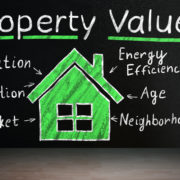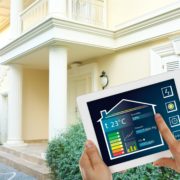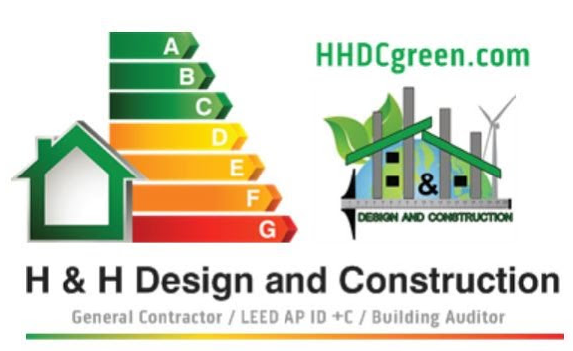
The message “danger radon” written on a yellow stripe – concept image
As we welcome 2016 with New Year resolutions for a healthier living, let’s not forget that our health could be impacted by the indoor quality of our homes. According to the Environmental Protection Agency, the average person spends 90 percent of their time indoors, so it is very important to test for pollutants that could be releasing gases or particles into the air causing indoor air quality problems and risking your health. January is also a month of action across the country to increase awareness of Radon, promoting testing and mitigation as well as the implementation of radon-resistant new construction practices to prevent thousands of lung cancer deaths caused by Radon exposure. Let’s join the effort; I invite you to add a New Year resolution to your list by testing your home for Radon, to ensure the safety and health of your loves ones.
WHAT IS RADON?
Radon is a potential health hazard, cancer-causing, radioactive gas. You can’t see it, smell it or taste it; it is an invisible killer that could be present in your home. This radioactive gas comes from the natural breakdown of uranium in soil, rock and water and gets into the air you breathe. It typically moves up through the ground to the air above and into your home through cracks and other holes in the foundation and also through the water supply.
RADON HEALTH RISK
Radon gas decays into radioactive particles that can get trapped in your lungs when you breathe. As they break down further, these particles release small bursts of energy. This can damage lung tissue and lead to lung cancer over the course of your lifetime. According to the Environmental Protection Agency, radon is the number one cause of lung cancer among non-smokers. Overall, radon is the second leading cause of lung cancer, responsible for about 21,000 deaths every year.
RESOLVE TO TEST
Data collected by the EPA indicates that 1 in 5 Florida residences have elevated radon levels. The only way to know the levels in your home is by testing. This process is easy, inexpensive and should only take a few minutes and you can do it yourself. The Florida Department of Health and the U.S. Environmental Protection Agency recommend
all homeowners to test their homes for radon. There are two kits available: short (2 to 90 days) and long-term (more than 90 days) available through the mail and in hardware stores. EPA recommends taking the short test first, if your result is 4 pCi/L or higher, takes the long-term test or a second short-term test. You can also hire a trained contractor to do the testing for you.
FIX AND SAVE LIFE
If you find high concentration of Radon, you should fix the problem immediately to avoid unnecessary radiation exposure to their family. Radon mitigation requires technical knowledge and special skills to achieve the maximum indoor air quality and performance. Selecting the best approach depends on the design of your home and other factors. In South Florida, most of radon mitigation is performed by a fixed rate of mechanical ventilation. Some of this mitigation doesn’t address problems associated with high indoor humidity, mold, or health consequences. I highly recommend hiring a qualified Green Building Contractor to help you pick the right treatment method based on building science and moisture management technology.
SELLING OR BUYING YOUR HOME?
If you are selling a home that already has a radon reduction system installed, make sure you inform your potential buyers about the system’s operation and maintenance. If you are buying an existing house, remember to request the radon test and if you are looking to build or buy a new house, I highly recommend buying a house approved with radon- resistant features or certified under the programs: LEED, FGBC, ENERGY STAR, and Indoor airPLUS. New homes should include radon-resistant features, which are especially important in areas reporting elevated radon levels. For more information, visit: www.epa.
gov/radon or contact the Florida Department of Health Radon Hotline at 1-800-543-8279.
By Maria M. Hernandez
Ciudad Weston Newspaper






 U.S. Green Building Council
U.S. Green Building Council 



